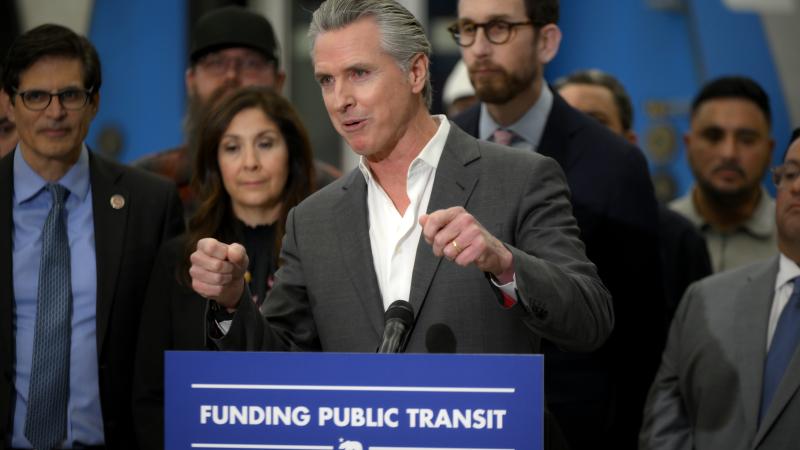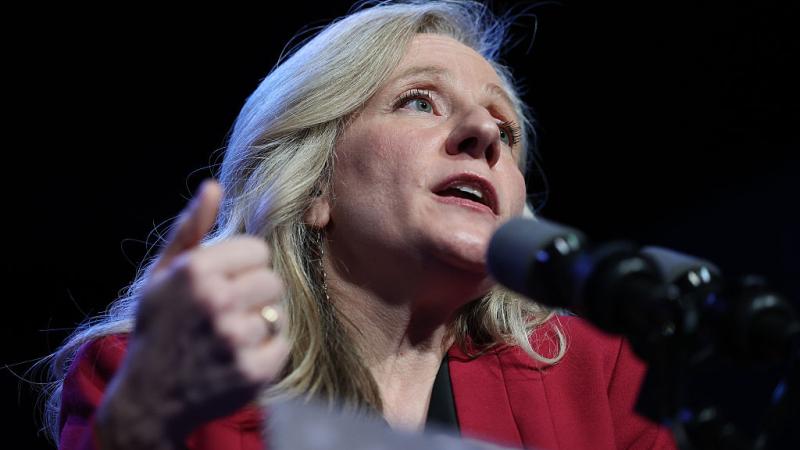Controversial pipeline bill passes South Dakota House
The bill governs not only pipelines that would carry crude oil or other materials but also electrical transmission of over 120 volts or more.
(The Center Square) - A bill that would allow the South Dakota Public Utilities Commission to supersede city and county decisions on pipelines passed the House of Representatives on Wednesday after a lengthy debate.
Senate Bill 201 states the PUC can overrule local jurisdictions if "such rules, or regulation, or ordinances, as applied to the proposed route, are unreasonably restrictive in view of existing technology, factors of cost, or economics, or needs of parties where located in or out of the county or municipality or such regulations or ordinances are preempted by federal law."
The bill would allow counties to tax the pipelines based on the linear footage installed in the county.
"We want to look out for farmers," said House Majority Leader Will Mortenson, R-Fort Pierre. "We want to be fair to them. We want to respect them as we have. We want to protect them as we can but we need this regulatory certainty as well. We need to be fair to these projects."
The bill governs not only pipelines that would carry crude oil or other materials but also electrical transmission of over 120 volts or more, Mortenson said.
Rep. Julie Auch, R-Yankton, was one of several representatives who spoke against the bill. She said it carves out a section of the economy regulated by counties and the PUC for over 100 years.
"For what purpose? Because a linear C02 pipeline company wants certainty of the outcome," Auch said. "They want to game the system, a system that has been in place for decades with great success."
The bill passed 40-30 but goes back to the Senate because the House amended the bill. Rep. Chris Karr, R-Minnehaha, said he thinks the bill would go to a conference committee.
"This language is going to probably change drastically, there's only going to be a couple people in this room that is going to decide this," Karr said. "The Senate has made it clear where they are on this issue and it looks different than this bill."
The South Dakota PUC rejected an application from Summit Carbon Solutions last September that would have allowed a portion of a carbon dioxide pipeline to traverse through South Dakota on its way to North Dakota, where the carbon would be stored underground.
The Iowa Utilities Board held hearings on the portion of the Summit pipeline that runs through its state but has not decided. The North Dakota Public Service Commission is allowing Summit to reapply after rejecting its initial application.
An application from Navigator Heartland Greenway to build a 112-mile carbon dioxide pipeline through South Dakota was also denied by the state's PUC.















